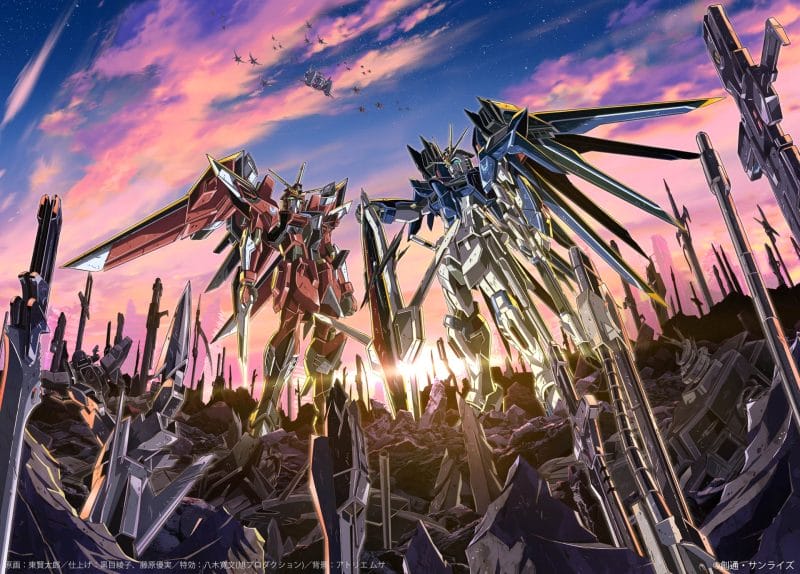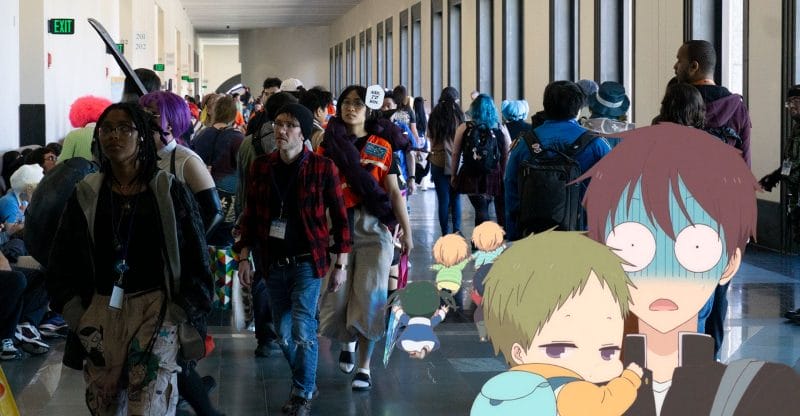 Stop the presses, alert the media, and call everybody! The most incredible, most unpredictable thing has happened! Borders announced that they will be liquidating their stock and closing their stores! 11,000 employees, and 399 stores are going to be gone, closed, finito! Come September, Borders will no longer exist!
Stop the presses, alert the media, and call everybody! The most incredible, most unpredictable thing has happened! Borders announced that they will be liquidating their stock and closing their stores! 11,000 employees, and 399 stores are going to be gone, closed, finito! Come September, Borders will no longer exist!
What? I’ve been crowing about this for six months now? I’ve been predicting the demise of Borders since January?
…Oh.
I don’t want to sound macabre, but I’m pretty happy to see this finally over. For the past six years, the company’s been bleeding money. This can be attributed to a number of factors, including the slow death of retail and general incompetence in the marketplace. They’ve been blamed directly as a major contributor to the closing of TOKYOPOP (though a large part of that was also poor management), and their closing will be seen as having a major impact on the industry as a whole.
People will blame the rise of e-books, and the growth of devices like the Kindle and Nook for reasons for the company’s closure. However, the situation has been dire for many years. They had been unsuccessfully competing from a growing presence by Barnes & Noble as well as the rise of online sellers like Amazon and Alibris. The company’s late entry to the e-book market with the Kobo didn’t help things, but it certainly wasn’t the cause.
Still, I have to repeat that this is a major blow to the greater manga industry. The last 300 Borders stores are being closed, which means that over 900 stores that stocked deeply on manga are now nonexistent. Much like Musicland hit the anime industry, we’re going to see manga take a hard knock. However, unlike the anime industry’s plight, manga seems better prepared to ride out the fallout.
In the fallout of Musicland’s 2006 bankruptcy, the anime industry was crippled. Suddenly, every major anime seller from Suncoast to Sam Goody was gone in the blink of an eye, as Best Buy and other big box retailers began to dump their stock. There were no viable digital markets, and license fees were at an all-time high.
The manga industry, on the other hand, has been steadily expanding into digital formats. Manga is sold at most major comic shops, and manages to worm its way into larger retailers. At the same time, Barnes & Noble remains incredibly healthy and, while they don’t stock as deeply as Borders had, they still offer a decent-sized selection. The industry is currently bracing for impact, and we’ll undoubtedly see major changes in the near future. Just what changes will occur, or how quickly they’ll be made is anybody’s guess. The message is clear, though: evolve, or die. The industry needs to grow in spite of these challenges, or it will be in for a helping of hurt.











